-
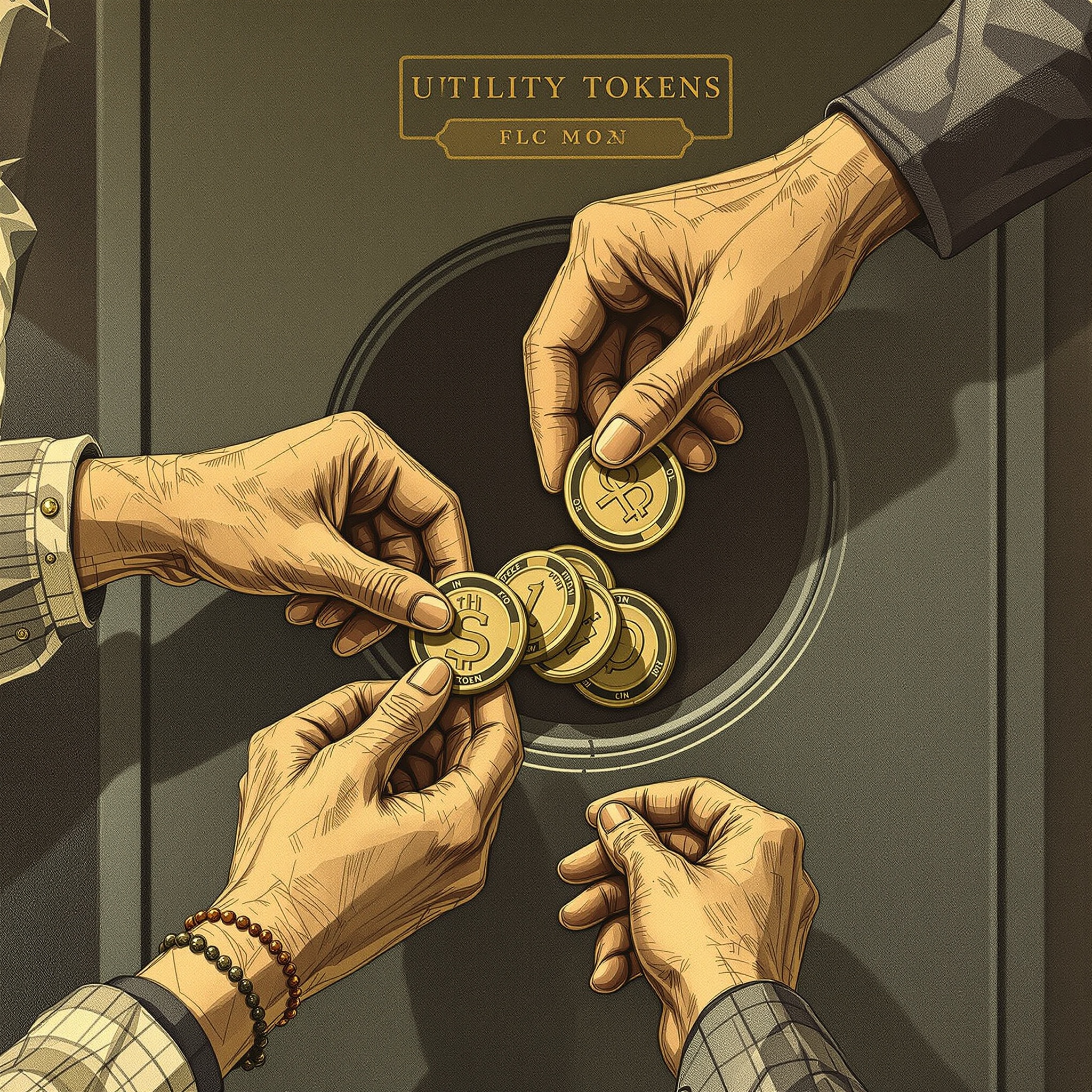 Utility Tokens in Transition – Legal Nature Under the German Banking Act (KWG) and MiCAR
Utility Tokens in Transition – Legal Nature Under the German Banking Act (KWG) and MiCAR
Utility tokens are no longer what they used to be. Since MiCAR came into force, utility tokens have been clearly defined in legal terms and, in certain cases, can unlock attractive regulatory advantages for their issuers and providers.
-
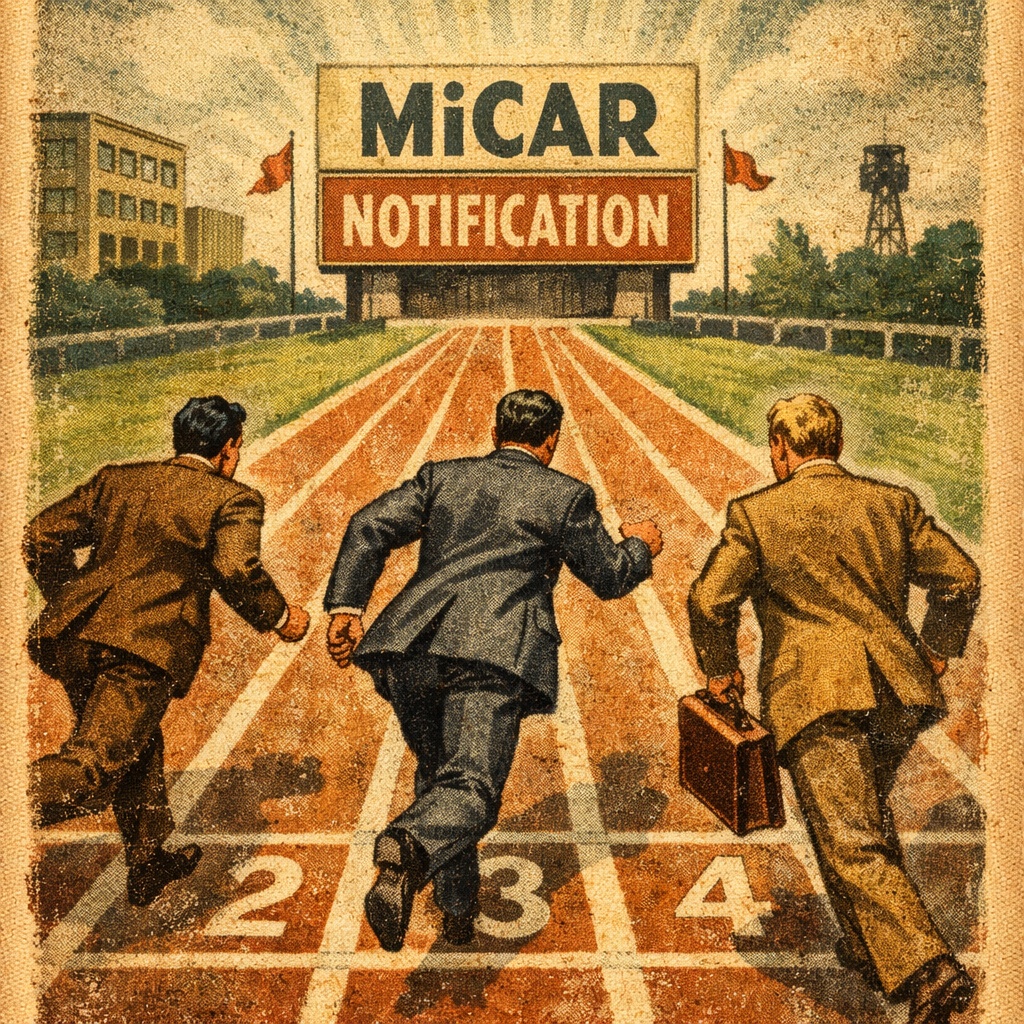 Notification Procedure as a Fast Track for Existing Institutions to Obtain a MiCAR License
Notification Procedure as a Fast Track for Existing Institutions to Obtain a MiCAR License
Even after the end of the so-called MiCAR grandfathering period, existing institutions still have the option of obtaining a MiCAR license to expand their business to include crypto assets via the notification procedure with relatively little effort. Who is eligible and how does the procedure work?
-
 The Tokenization of Real World Assets – Can Real Estate Be Tokenized Using RWA Tokens?
The Tokenization of Real World Assets – Can Real Estate Be Tokenized Using RWA Tokens?
The tokenization of real-world assets, and real estate in particular, is currently a hot topic of discussion. Is the tokenization of real estate actually possible in Germany? What requirements need to be taken into account?
-
 Do Issuers of Crypto Assets Require a PRIIPs KID in Addition to the MiCAR White Paper?
Do Issuers of Crypto Assets Require a PRIIPs KID in Addition to the MiCAR White Paper?
The PRIIPs Regulation requires issuers of packaged retail investment products to prepare a key information document. The legal nature of the product is irrelevant. Can the obligation to publish a PRIIPs KID also apply to token issuances?
-
 From Basic Tests to TLPT: DORA Redefines Resilience Testing Requirements
From Basic Tests to TLPT: DORA Redefines Resilience Testing Requirements
From basic testing to threat-led penetration testing—since January 2025, financial companies have been required to test their digital resilience in accordance with strict EU regulations. But what does this mean in concrete terms for testing programs, and who is affected by the demanding TLPTs?
-
 Threats, Incidents, and Attacks Under DORA – What Financial Companies Need to Know
Threats, Incidents, and Attacks Under DORA – What Financial Companies Need to Know
DORA clearly distinguishes between threats, incidents, and attacks—but what reporting obligations do they trigger? An overview of the new requirements.
-
 Contract Drafting in the Context of the DORA Regulation – What Do Financial Companies Need to Observe?
Contract Drafting in the Context of the DORA Regulation – What Do Financial Companies Need to Observe?
ICT contracts under DORA: Between minimum standards and power shifts. The regulation not only sets high requirements for digital resilience, but also changes the dynamics of contract negotiations. Financial companies must now enforce strict requirements—but which services actually fall under DORA, and how can exit strategies, audit rights, and risk management be regulated in a contractually watertight manner?
-
 Payment Services in Online Gambling – Where Are the Limits for What Is Permissible?
Payment Services in Online Gambling – Where Are the Limits for What Is Permissible?
Under the prohibition of contribution in the State Treaty on Gambling, payment institutions are not permitted to execute payments in connection with illegal gambling. Cases in which original gambling providers do not have the necessary permission are clear-cut. However, difficulties arise in cases where gambling is not the focus of the customer’s business activities.
-
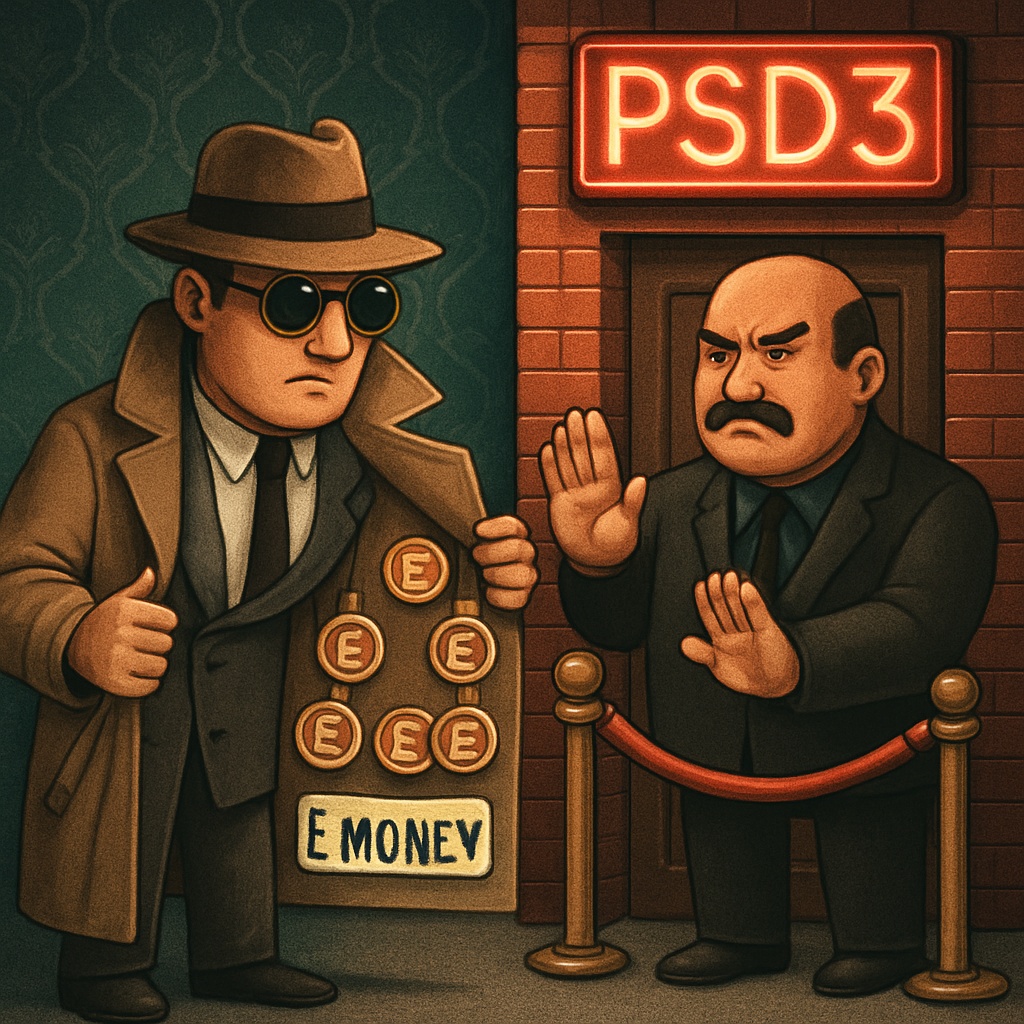 Distributors within the Meaning of PSD3 – Are E-Money Agents a Disappearing Concept?
Distributors within the Meaning of PSD3 – Are E-Money Agents a Disappearing Concept?
The draft version of the new PSD3 no longer includes the concept of e-money agents. Instead, there will be distributors that payment institutions may use for the distribution and redemption of e-money. What changes could this bring for institutions and their agents in the future regulatory regime?
-
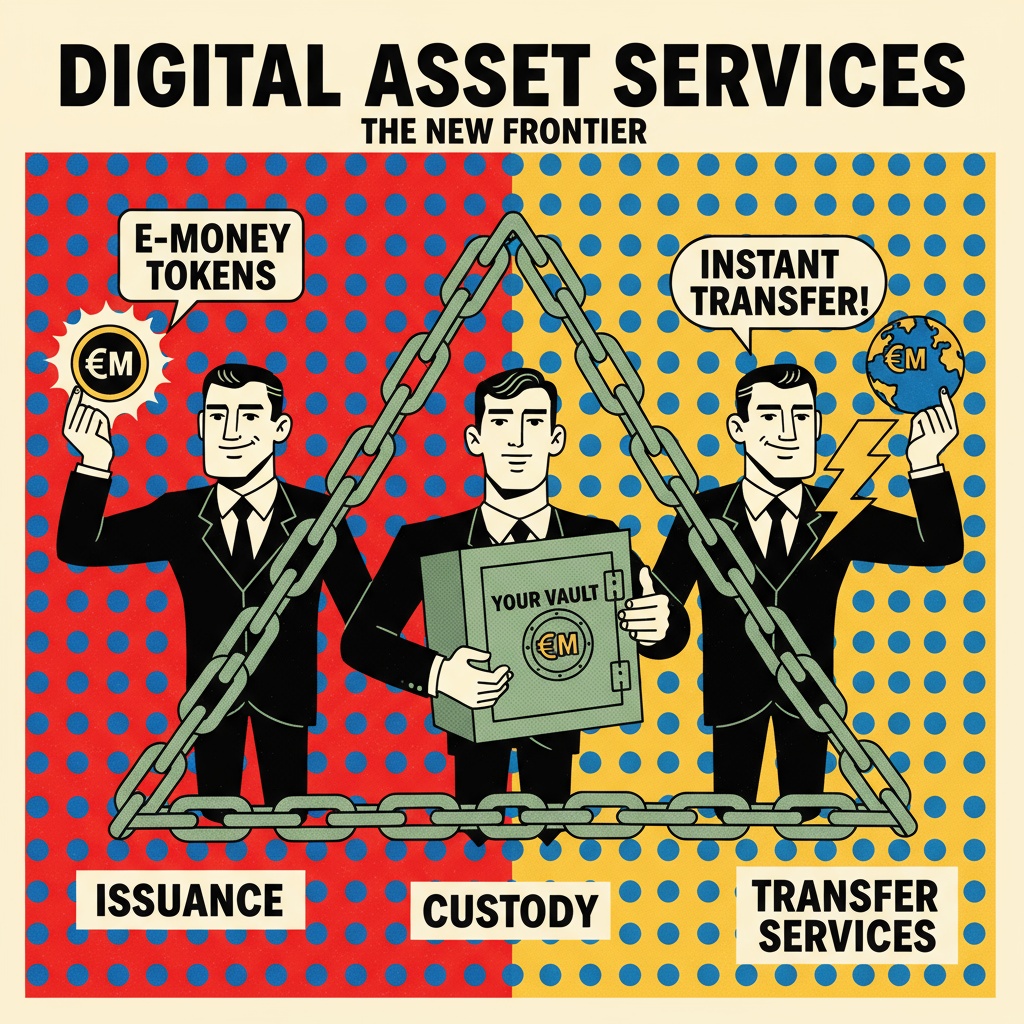 E-Money Services within the Meaning of PSD3 – What Exactly Will the New Activity Include?
E-Money Services within the Meaning of PSD3 – What Exactly Will the New Activity Include?
The new PSD3 aims to transfer the regulation of the e-money business to the supervisory regime for payment services. However, the new term “e-money services” poses some difficulties of interpretation. Which specific activities will it cover in future?
-
 Which Payment Services do Crypto Custodians Provide with EMT?
Which Payment Services do Crypto Custodians Provide with EMT?
In addition to MiCAR authorization, the custody of e-money tokens generally requires a license as a payment service provider under the ZAG. Which payment services are relevant in this regard, and what alternatives do affected crypto custodians have for applying for their own license?
-
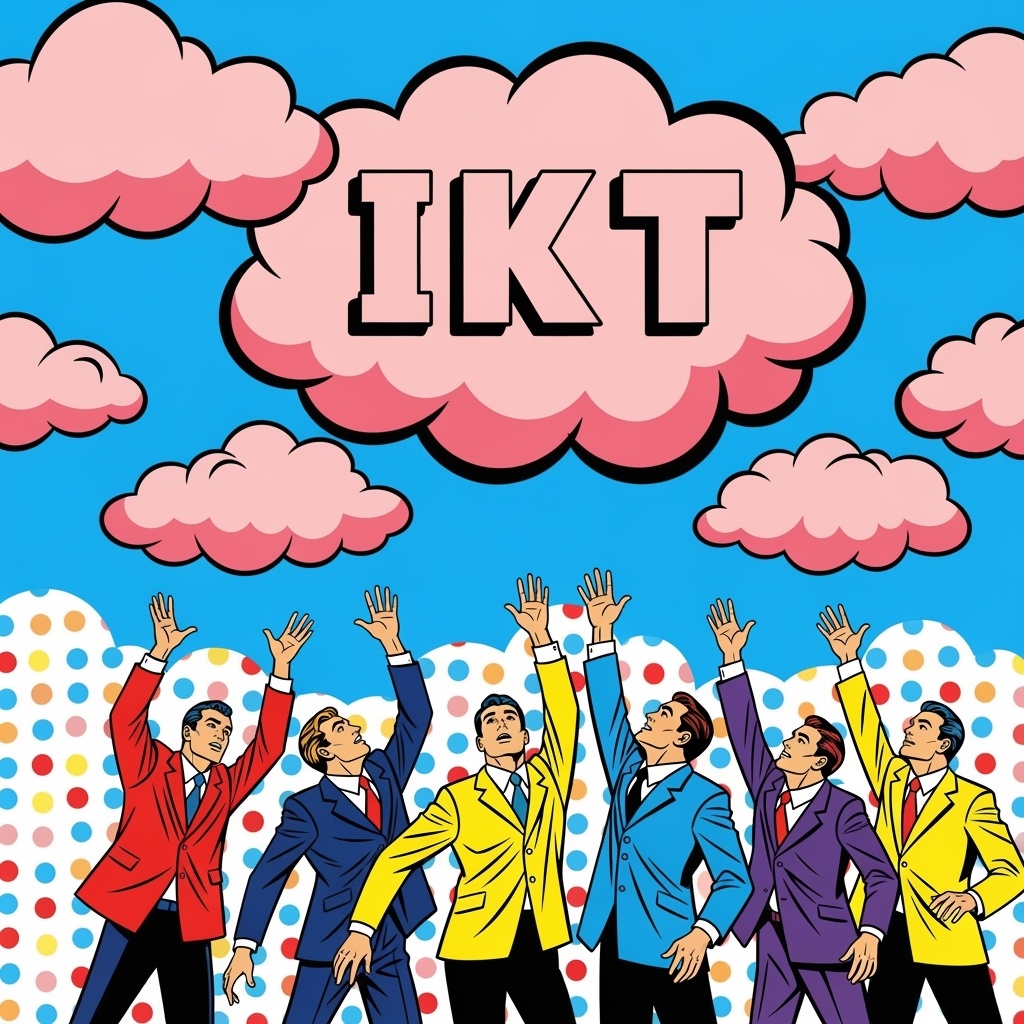 New Implementation Guidance from BaFin on the Simplified ICT Risk Management Framework
New Implementation Guidance from BaFin on the Simplified ICT Risk Management Framework
DORA implementation: BaFin specifies requirements for simplified ICT risk management framework: BaFin provides financial companies with an overview of documentation, security measures, and processes for the simplified ICT framework, but emphasizes that the content must be tailored to each individual case in accordance with the principle of proportionality.
 Utility Tokens in Transition – Legal Nature Under the German Banking Act (KWG) and MiCAR
Utility tokens are no longer what they used to be. Since MiCAR came into force, utility tokens have been clearly defined in legal terms and, in certain cases, can unlock attractive regulatory advantages for their issuers and providers.
Utility Tokens in Transition – Legal Nature Under the German Banking Act (KWG) and MiCAR
Utility tokens are no longer what they used to be. Since MiCAR came into force, utility tokens have been clearly defined in legal terms and, in certain cases, can unlock attractive regulatory advantages for their issuers and providers. Notification Procedure as a Fast Track for Existing Institutions to Obtain a MiCAR License
Even after the end of the so-called MiCAR grandfathering period, existing institutions still have the option of obtaining a MiCAR license to expand their business to include crypto assets via the notification procedure with relatively little effort. Who is eligible and how does the procedure work?
Notification Procedure as a Fast Track for Existing Institutions to Obtain a MiCAR License
Even after the end of the so-called MiCAR grandfathering period, existing institutions still have the option of obtaining a MiCAR license to expand their business to include crypto assets via the notification procedure with relatively little effort. Who is eligible and how does the procedure work? The Tokenization of Real World Assets – Can Real Estate Be Tokenized Using RWA Tokens?
The tokenization of real-world assets, and real estate in particular, is currently a hot topic of discussion. Is the tokenization of real estate actually possible in Germany? What requirements need to be taken into account?
The Tokenization of Real World Assets – Can Real Estate Be Tokenized Using RWA Tokens?
The tokenization of real-world assets, and real estate in particular, is currently a hot topic of discussion. Is the tokenization of real estate actually possible in Germany? What requirements need to be taken into account? Do Issuers of Crypto Assets Require a PRIIPs KID in Addition to the MiCAR White Paper?
The PRIIPs Regulation requires issuers of packaged retail investment products to prepare a key information document. The legal nature of the product is irrelevant. Can the obligation to publish a PRIIPs KID also apply to token issuances?
Do Issuers of Crypto Assets Require a PRIIPs KID in Addition to the MiCAR White Paper?
The PRIIPs Regulation requires issuers of packaged retail investment products to prepare a key information document. The legal nature of the product is irrelevant. Can the obligation to publish a PRIIPs KID also apply to token issuances? From Basic Tests to TLPT: DORA Redefines Resilience Testing Requirements
From basic testing to threat-led penetration testing—since January 2025, financial companies have been required to test their digital resilience in accordance with strict EU regulations. But what does this mean in concrete terms for testing programs, and who is affected by the demanding TLPTs?
From Basic Tests to TLPT: DORA Redefines Resilience Testing Requirements
From basic testing to threat-led penetration testing—since January 2025, financial companies have been required to test their digital resilience in accordance with strict EU regulations. But what does this mean in concrete terms for testing programs, and who is affected by the demanding TLPTs? Threats, Incidents, and Attacks Under DORA – What Financial Companies Need to Know
DORA clearly distinguishes between threats, incidents, and attacks—but what reporting obligations do they trigger? An overview of the new requirements.
Threats, Incidents, and Attacks Under DORA – What Financial Companies Need to Know
DORA clearly distinguishes between threats, incidents, and attacks—but what reporting obligations do they trigger? An overview of the new requirements. Contract Drafting in the Context of the DORA Regulation – What Do Financial Companies Need to Observe?
ICT contracts under DORA: Between minimum standards and power shifts. The regulation not only sets high requirements for digital resilience, but also changes the dynamics of contract negotiations. Financial companies must now enforce strict requirements—but which services actually fall under DORA, and how can exit strategies, audit rights, and risk management be regulated in a contractually watertight manner?
Contract Drafting in the Context of the DORA Regulation – What Do Financial Companies Need to Observe?
ICT contracts under DORA: Between minimum standards and power shifts. The regulation not only sets high requirements for digital resilience, but also changes the dynamics of contract negotiations. Financial companies must now enforce strict requirements—but which services actually fall under DORA, and how can exit strategies, audit rights, and risk management be regulated in a contractually watertight manner? Payment Services in Online Gambling – Where Are the Limits for What Is Permissible?
Under the prohibition of contribution in the State Treaty on Gambling, payment institutions are not permitted to execute payments in connection with illegal gambling. Cases in which original gambling providers do not have the necessary permission are clear-cut. However, difficulties arise in cases where gambling is not the focus of the customer’s business activities.
Payment Services in Online Gambling – Where Are the Limits for What Is Permissible?
Under the prohibition of contribution in the State Treaty on Gambling, payment institutions are not permitted to execute payments in connection with illegal gambling. Cases in which original gambling providers do not have the necessary permission are clear-cut. However, difficulties arise in cases where gambling is not the focus of the customer’s business activities. Distributors within the Meaning of PSD3 – Are E-Money Agents a Disappearing Concept?
The draft version of the new PSD3 no longer includes the concept of e-money agents. Instead, there will be distributors that payment institutions may use for the distribution and redemption of e-money. What changes could this bring for institutions and their agents in the future regulatory regime?
Distributors within the Meaning of PSD3 – Are E-Money Agents a Disappearing Concept?
The draft version of the new PSD3 no longer includes the concept of e-money agents. Instead, there will be distributors that payment institutions may use for the distribution and redemption of e-money. What changes could this bring for institutions and their agents in the future regulatory regime? E-Money Services within the Meaning of PSD3 – What Exactly Will the New Activity Include?
The new PSD3 aims to transfer the regulation of the e-money business to the supervisory regime for payment services. However, the new term “e-money services” poses some difficulties of interpretation. Which specific activities will it cover in future?
E-Money Services within the Meaning of PSD3 – What Exactly Will the New Activity Include?
The new PSD3 aims to transfer the regulation of the e-money business to the supervisory regime for payment services. However, the new term “e-money services” poses some difficulties of interpretation. Which specific activities will it cover in future? Which Payment Services do Crypto Custodians Provide with EMT?
In addition to MiCAR authorization, the custody of e-money tokens generally requires a license as a payment service provider under the ZAG. Which payment services are relevant in this regard, and what alternatives do affected crypto custodians have for applying for their own license?
Which Payment Services do Crypto Custodians Provide with EMT?
In addition to MiCAR authorization, the custody of e-money tokens generally requires a license as a payment service provider under the ZAG. Which payment services are relevant in this regard, and what alternatives do affected crypto custodians have for applying for their own license? New Implementation Guidance from BaFin on the Simplified ICT Risk Management Framework
DORA implementation: BaFin specifies requirements for simplified ICT risk management framework: BaFin provides financial companies with an overview of documentation, security measures, and processes for the simplified ICT framework, but emphasizes that the content must be tailored to each individual case in accordance with the principle of proportionality.
New Implementation Guidance from BaFin on the Simplified ICT Risk Management Framework
DORA implementation: BaFin specifies requirements for simplified ICT risk management framework: BaFin provides financial companies with an overview of documentation, security measures, and processes for the simplified ICT framework, but emphasizes that the content must be tailored to each individual case in accordance with the principle of proportionality.


